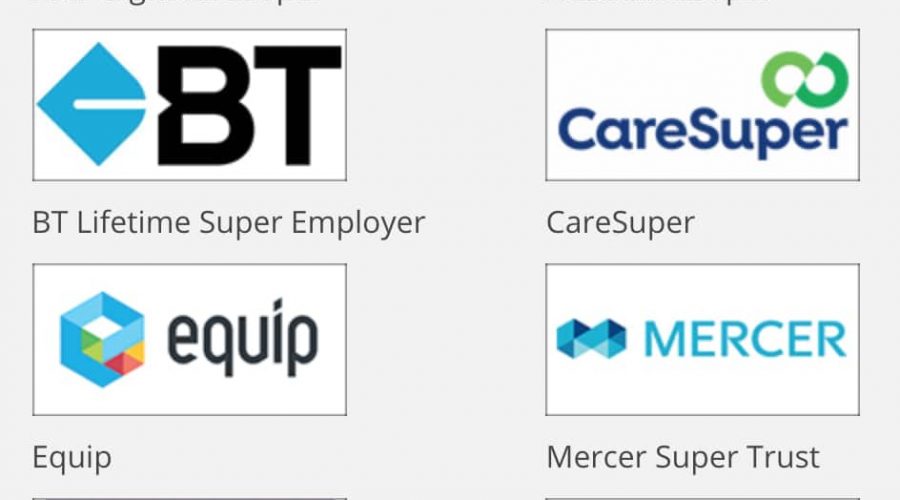The topic of super funds is hot one right now as the Retirement Income Review attracts plenty of headline grabbing submissions on the disappointing state of women’s superannuation in Australia.
It’s a well known fact that women lose out when it comes to super – lower pay and time out of the workforce caring for children have a huge impact on what we can retire with. So, it’s even more important that women take control of their super and make sure it’s working for them.
According to the latest Financy Women’s Index, women have about 28% less in their superannuation accounts compared to men.
Here are five things to look out for when considering a super fund or before making the switch to a new one!
- Fees vs. Fund Performance
All superannuation funds charge fees (some less than others), which can vary between funds. Generally, lower fees are desirable since high costs can erode even the healthiest super balance over time.
However, fees are rarely ‘like-for-like’ and easy to compare, nor are they the only factor to consider when choosing a fund but if you weigh up fees and costs against the fund’s performance over time, it can help with choosing which super fund is right for you.
Check out a super fund’s Product Disclosure Statement (PDS) to get a handle on their fees and costs – it really pays to read the fine print.
- Your Risk Appetite
Your appetite for risk may or may not be the same as your appetite for designer handbags. Your risk appetite is made up of how much risk you can tolerate or are comfortable with given your lifespan and earning potential.
For example, a higher risk investment strategy (a portfolio of higher volatility assets like stocks), is typically better suited to someone with a longer investment horizon. If you are young person with your entire career ahead of you, your risk appetite will be very different from someone who is about to retire.
Look at your super fund’s investment options and select one which best matches your risk tolerance and life stage.
- Know what you are invested in
We all know about the power of conscious consumerism, but do you realise you have the power to be a conscious investor too? This means you have the power to financially support (or not support) companies that reflect your values.
Ask yourself: does my current super fund reflect my beliefs?
Once you’ve pondered the question, investigate whether the fund:
- measures and reports on its sustainability contribution,
- is transparent – you know what you’re investing in and why and;
- participates in “greenwashing”*
*Greenwashing is a form of deceptive, misleading marketing which attempts to make a company appear more environmentally friendly than it really is.
- Accessibility & Usability
All superannuation funds essentially offer the similar financial benefits. So, one differentiator that can give them a competitive advantage is a unique customer experience, underpinned by a technology platform. Unfortunately, not all super funds have this, with some very much still in the dark ages of paper-based forms and once-yearly communications.
If you want to view your super balance with the same ease as checking your bank balance, look for a super fund which:
- has an easy to use online platform,
- streamlined onboarding process and;
- options for contact that don’t involve a transistor radio.
- Insurance
Not all super funds offer insurance, but many do. The important thing to ask yourself is: do I need this? What might suit my current or future lifestyle and needs? Giving it some thought is worthwhile since your insurance premiums (essentially fees) will get deducted from your super balance if you elect to have it.
A benefit of having your insurance through a super fund is they generally offer cheaper premiums than you could individually negotiate directly with insurance companies. So, it can make a lot of sense, but make sure you know what you are covered for and at what cost. If you’re a member of multiple super funds, you may have excess default coverage, and could be paying multiple insurance premiums (fees).
Superannuation is complex and constantly changing, just like your financial circumstances, so it’s not something you can ‘set and forget’. Especially for women who need their super to perform at its very best to be able to retire in a similar financial position to men. It’s your money, so keep an eye on it.













